Information democracy
Powerful companies and governments control the way the internet and new technologies are deployed. These actors blur the lines on corporate power in ways that have tremendous impact on people and democracies. The dominant business model of ‘Big tech’ platforms is based on surveillance, polarization and power imbalances. This ‘surveillance capitalism’ has had a global impact on democracy. For example, state and private actors can use the internet and technologies to spread political disinformation, to manipulate electoral results, to attack human rights defenders and to limit civic space.
Filter resources
-
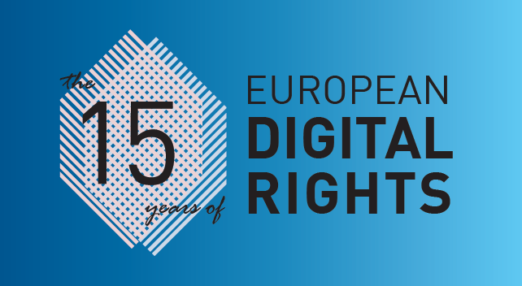
15 years of digital rights achievements
In 2018, EDRi turned 15! The entire network is proud to celebrate this anniversary and its digital rights victories.
Read more
-
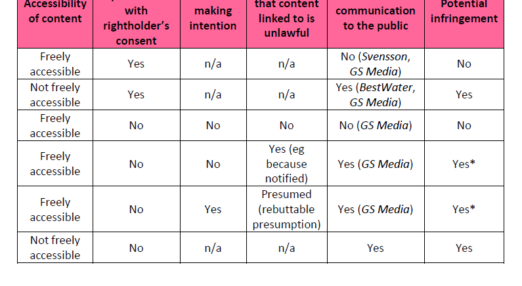
This 1 April, we mourn the death of parody
Traditionally, in some countries, the first of April is known for jokes and frivolity - “April Fool’s Day” in English-speaking countries and, oddly, “poisson d’avril” among French-speakers.
Read more
-
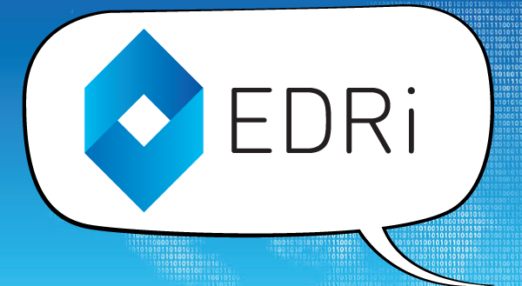
Upcoming EDRi leadership change: A message from Joe and Kirsten
Here we wrote to share news of leadership change at EDRi that happened in 2019.
Read more
-

Proposed internet filter will strip citizens of their rights: Your action is needed!
Policy makers are working on the largest internet filter we’ve ever seen.
Read more
-

Europol: Delete criminals’ data, but keep watch on the innocent
Under the Europol Regulation, the agency must “support Member States' actions in preventing and combating forms of crime” such as terrorism and racism. However, much of the criminality that Europol works on is not harmonised on a EU level.
Read more
-
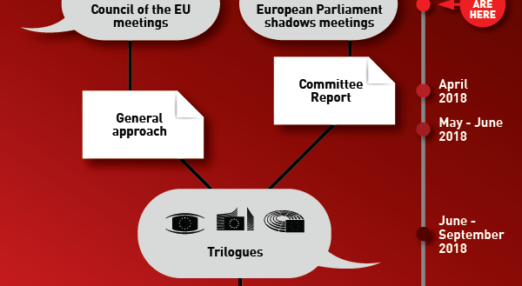
#CensorshipMachine – How will the decision be taken?
The European Union (EU) is currently reforming its copyright legislation. In September 2016, the European Commission proposed its controversial draft for the new Copyright Directive that includes de facto mandatory upload filters (Article 13). This is how the process to approve this “censorship machine” will advance, from the Commission’s proposal until the adoption of the […]
Read more
-
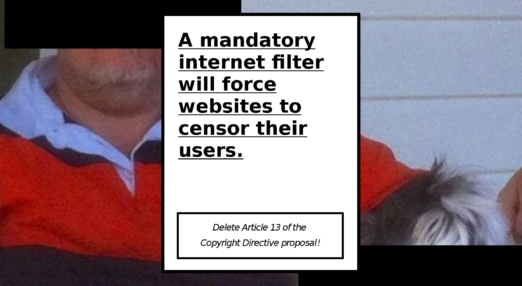
Proposed internet filter will turn platforms against users: Your action is needed!
Policy makers want to make online platforms responsible for your content.
Read more
-
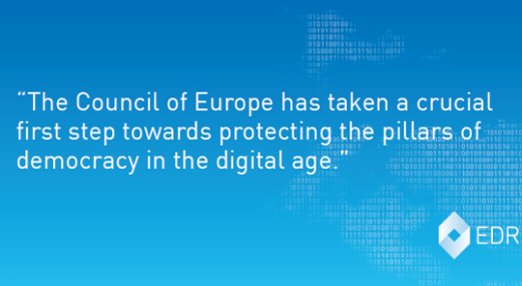
Council of Europe takes world-leading step towards protecting online rights
Today, on 7 March 2018, the Council of Europe (CoE), Europe's leading human rights organisation, adopted a Recommendation on the roles and responsibilities of internet intermediaries that will have a global impact. (The final, almost identical version will be online in a few days.)
Read more
-
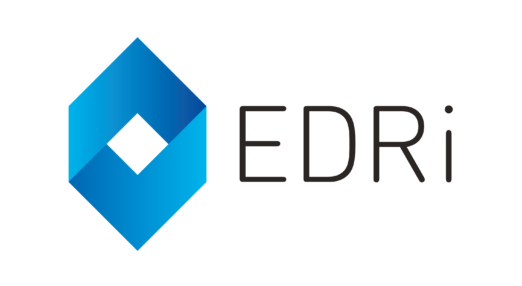
EU Commission’s Recommendation: Let’s put internet giants in charge of censoring Europe
On 1 March 2018, the European Commission proposed a "Recommendation" on the surveillance and filtering of the internet by online companies.
Read more
-

Q&A on the Recommendation on measures to “effectively tackle illegal content online”
Today, on 1 March 2018, the European Commission proposed a "Recommendation" on the surveillance and filtering of the internet by online companies
Read more
-
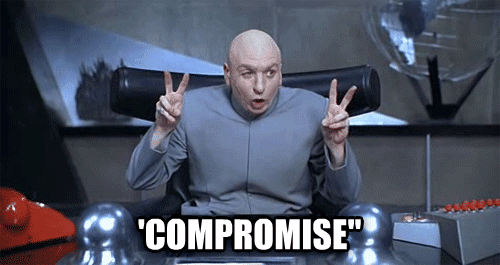
Final Copyright “compromise”: Upload filters for everyone but Google & Co
On 21 February, the rapporteur of the European Parliament’s Committee on Legal Affairs (JURI) Axel Voss issued his suggestion for a “compromise” on the Copyright reform, on which the Committee will vote in April.
Read more
-
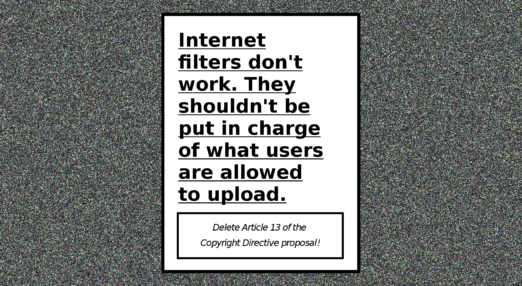
In the making: The largest internet filter Europe has ever seen
European policy makers are working on the largest internet filter we’ve ever seen.
Read more
